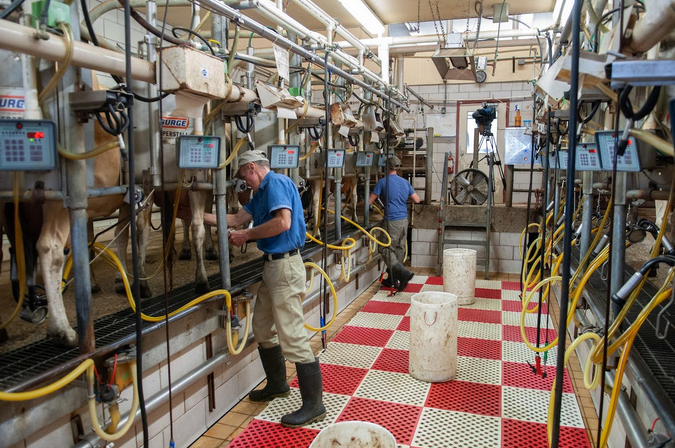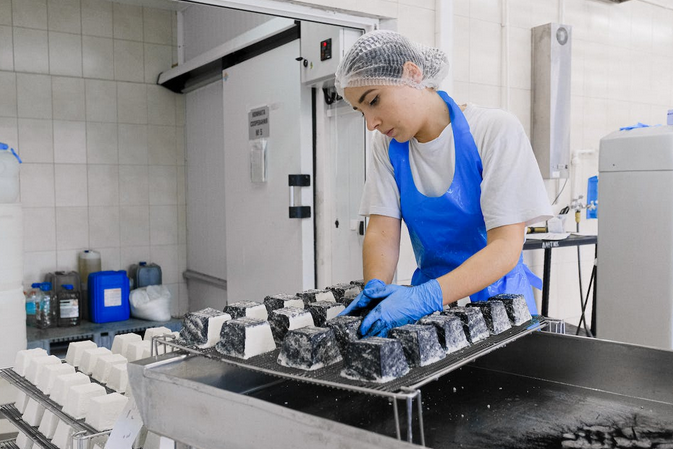
Welcome to the dairy industry, where quality control reigns supreme. Ensuring top-notch standards is key to success in a world of creamy delights and nutritious goodness. During the construction of dairy plants, it is essential to focus on the overall quality control measures that will be put into place. Let’s dive into how quality control plays a vital role in shaping dairy plant operations, from safety measures to cost-saving strategies. Join us on a journey through the milk-filled wonders of precision and excellence.
Ensures Product Safety

Product safety is paramount in the dairy industry, where consumers rely on trust and quality. From raw milk to finished products, stringent measures are essentially part of food facility construction to uphold safety standards. This includes regular testing for pathogens and contaminants at various stages of production. Proper sanitation practices are crucial in preventing foodborne illnesses and ensuring product integrity. Equipment cleaning protocols are strictly followed to eliminate any risk of contamination. Additionally, temperature control is closely monitored in order to avoid bacterial growth and spoilage.
Maintains Product Consistency
Consistency is key when it comes to dairy products. It keeps customers returning for their favorite milk, yogurt, or cheese. Dairy plants understand the importance of maintaining product consistency throughout their operations. From sourcing high-quality ingredients to following precise recipes, every step in the production process plays a crucial role in ensuring that each batch meets the same standards of taste and quality. Any deviation can result in an inferior product that fails to meet consumer expectations. Dairy plant operators implement strict quality control measures to achieve this level of consistency. This includes regular testing at various stages of production, stringent cleaning protocols to prevent cross-contamination, and ongoing training for staff members to uphold the best practices.
Confirms Compliance With Regulations

Maintaining compliance with regulations is a crucial aspect of dairy plant operations. Regulations set by governing bodies ensure the safety and quality of dairy products for consumers. Dairy plants need to stay updated on any regulation changes to avoid penalties or recalls. From proper labeling requirements to sanitation standards, adherence to regulations helps build trust with consumers and stakeholders. Implementing robust quality control measures not only safeguards the brand’s reputation but also protects public health. Regular audits and inspections help identify areas where improvements are needed to meet regulatory standards.
Reduces Waste and Costs
When it comes to dairy plant operations, reducing waste and costs is a key focus for efficiency. Dairy plants can minimize product loss and maximize profitability by implementing quality control measures throughout the production process. One way to reduce waste is by closely monitoring inventory levels to prevent overproduction or spoilage. Implementing just-in-time manufacturing practices can help streamline operations and decrease excess inventory sitting idle. Moreover, optimizing production processes through automation and technology can lead to more precise measurements and less room for error. This reduces waste and ensures consistent quality in every batch produced.
As dairy products continue to be a staple in many households, ensuring quality control in dairy plant operations is essential. Dairy plants can uphold their reputation and meet consumer expectations by prioritizing product safety, maintaining consistency, complying with regulations, and reducing waste and costs. Quality control benefits consumers by providing them with safe and consistent products and helps dairy plants thrive in a competitive market. Embracing quality control practices is key to success in the dairy industry.
